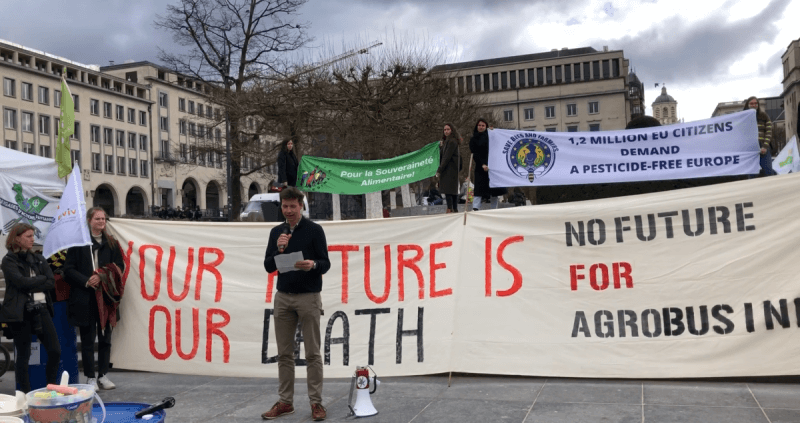The European Union (EU) has been at the forefront of the debate around genetically modified organisms (GMOs), with the region implementing a range of measures to limit their presence in the food chain. In recent years, the EU has adopted a precautionary approach to GMOs, leading to a range of bans and restrictions on the cultivation, import, and sale of GM crops and food products.
This is due in large part to the possibility of harm to human and animal health as well as a reduction in plant diversity. In 2015, a European Commission rule gave EU countries the ability to opt out of growing GMO crops, with Austria, France, Germany, Greece, Italy, Poland, and Scotland among the major countries to do so. Europeans oppose GMOs primarily because they believe that the benefit to agriculture and food production is weak or nonexistent, while the risks are substantial.
Germany, Austria, France, Italy, Poland, and Scotland were the major countries that chose not to grow GMOs, as were Austria, France, Germany, Greece, Italy, Poland, and Scotland. There are countries outside of the EU that oppose GMOs in addition to those in the EU.
Genetically Modified Organisms (GMOs) have been approved for use in only 19 countries of the 27 member states of the European Union. As a result of the European Commission’s call for national referendums, each EU country is required to vote on whether or not to allow GMO crops to be grown































